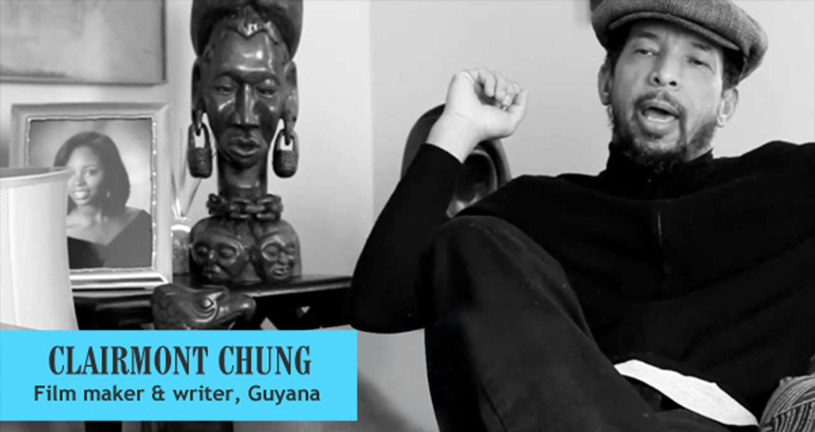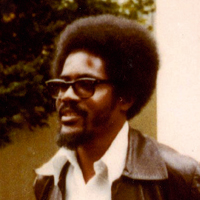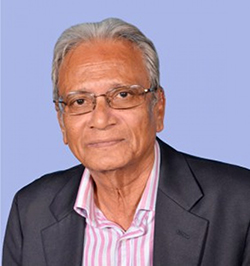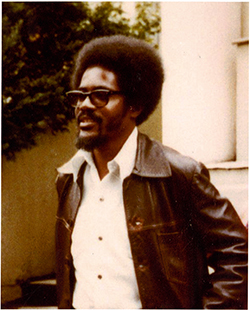The documentary film on Walter Rodney
 |
|
|
I recently attended the screening of a documentary film titled W.A.R. Walter Anthony Rodney produced by Clairmont Chung. The film was screened as part of the Kwame Ture Memorial Lecture Series during the Emancipation Day celebrations in Port of Spain in August this year. After viewing the film, I became more convinced that the academic and politician, Walter Rodney, was very concerned about African people in the Caribbean and Africa as well as in his own African culture and identity. He must be highly commended for embracing his ethnicity and not denying it as his political colleague, Rupert Roopnarine. |
|
 |
|
|
I had expected that Roopnarine would have complemented Rodney by having the same interest in Indian people, their traditions and identity. I was disappointed in Roopnarine who did not learn a thing from his guru Rodney.
The film depicted Rodney as being preoccupied with the African Liberation Struggle. Was Roopnarine involved in any Indian Liberation Struggle in Guyana or elsewhere? Rodney was either affiliated to, or had established, the Black Writers Congress, Black Arts Movement and the Universal Negro Improvement Association (UNIA). Was Roopnarine either affiliated to, or had established any Indian literary group or Indian social movement? In 1966 Rodney lectured in African History at the University of Dar es Salaam in Tanzania. Was Roopnarine ever interested in teaching Indian history or literature in Guyana or in the Indian Diaspora? The documentary highlighted Rodney’s classic How Europe Underdeveloped A Why are Indian leaders and intellectuals like Roopnarine afraid of, and always running away from, their own shadow? Roopnarine is now the Minister of Education in a black-based collation party – A Partnership for National Unity (APNU) + Alliance for Change (AFC). He is now in a partnership with a party that reportedly assassinated Rodney, his close friend and colleague, in 1980 when President Forbes Burnham was in power in Guyana. As a Minister in Government now, Roopnarine is more likely to sacrifice the interests and welfare of Indians in Guyana in keeping with his denial of his Indianess. Dr Kumar Mahabir, |



 The documentary featured interviews with Rex Nettleford, Eusi Kwayana, Clive Thomas and Rupert Roopnarine. Former Indo-Guyanese WPA front-liner, Moses Bhagwan, was not interviewed in the film.
The documentary featured interviews with Rex Nettleford, Eusi Kwayana, Clive Thomas and Rupert Roopnarine. Former Indo-Guyanese WPA front-liner, Moses Bhagwan, was not interviewed in the film. frica (1972). I would have expected that Roopnarine would have complemented Rodney’s research with a book on the Unspoken Story of Indian Holocaust: the history of manmade famines in India during nearly two centuries of British rule (1757-1947) when 1.8 billion Indians died mainly of starvation.
frica (1972). I would have expected that Roopnarine would have complemented Rodney’s research with a book on the Unspoken Story of Indian Holocaust: the history of manmade famines in India during nearly two centuries of British rule (1757-1947) when 1.8 billion Indians died mainly of starvation.



















